April 17, 2025 | 05:46 GMT +7
April 17, 2025 | 05:46 GMT +7
Hotline: 0913.378.918
April 17, 2025 | 05:46 GMT +7
Hotline: 0913.378.918
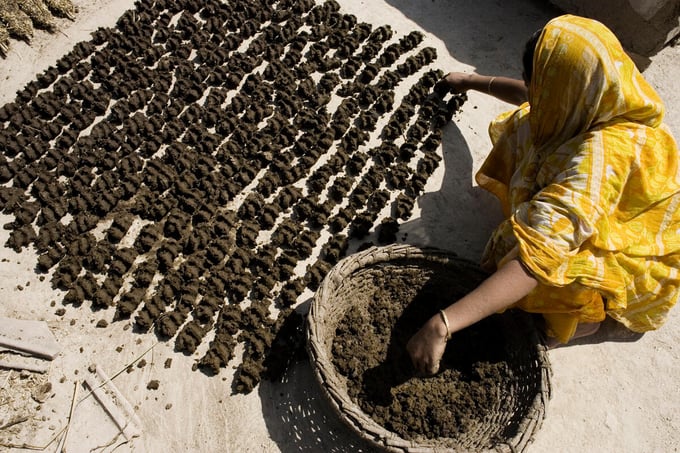
A villager making biofuel from cow manure. The report says agrifood system policies should encourage the use of organic nitrogen fertilizers to enhance sustainability.
The rise in nitrogen fertilizers over the past century has significantly contributed to enhancing agricultural production and bolstering food security and nutrition for an expanding global population. Nevertheless, improper use of nitrogen can severely damage air, water, and soil quality, result in biodiversity loss, and exacerbate climate change.
A new report from the Food and Agriculture Organization of the United Nations (FAO), launched today at an event at its headquarters in Rome, provides a comprehensive overview of nitrogen use and the resulting challenges in agrifood systems. It emphasizes the importance of ensuring sustainable use and offers recommendations to achieve this goal.
Nitrogen is an essential component of food constituents, particularly amino acids and proteins required for the growth of plants, animals, and humans.
Thanks to the invention of the Haber–Bosch process in the early 20th century, humans have been able to convert unreactive nitrogen, abundant in the atmosphere (the same nitrogen that makes the sky blue), into useful substances like ammonia, which is now commonly used as fertilizer.
Humans currently add approximately 150 teragrams (Tg) of reactive nitrogen to the Earth’s land surface each year through agriculture and industry. This amount is more than double the pre-industrial rate. Some experts suggest that climate change could contribute to this rate raising to about 600 Tg per year by 2100, which could increase the levels of nitrogen loss into the environment.
Livestock are the main contributors to nitrogen emissions and are responsible for about one-third of the total nitrogen emissions produced by human activity. Synthetic fertilizers, land-use change, and manure emissions are the main causes of nitrogen pollution in this area.
Nitrogen pollution is most severe in North America, Western Europe and certain Asian countries, where fertilizers have been extensively used and misused for decades.
In some low- and middle-income countries restricted access to fertilizers leads to the depletion of nitrogen, which reduces soil nutrients and leads to soil degradation.
A judicious use of nitrogen in agriculture, therefore, helps prevent soil degradation and nutrient depletion while increasing crop yields. In contrast, excessive use exacerbates global warming, degrades air and water quality, and depletes stratospheric ozone. Nitrogen pollution poses risks to human health by increasing the incidence of respiratory and heart diseases.
Therefore, sustainable nitrogen management that focuses on minimizing external inputs and losses and maximizing recycling is more urgent than ever.
"Nitrogen Use Efficiency (NUE) has seen improvements in recent years, which is encouraging. However, significant work remains to be done. This report provides a detailed set of recommendations to further enhance NUE, helping to reduce pollution while promoting environmental and human health," stated Thanawat Tiensin, Assistant Director-General and Director of the Animal Production and Health Division at FAO.
Key actions and policy proposals
The report presents several case studies illustrating ongoing efforts to improve NUE around the world and offers a series of recommendations.
These include:
"Sustainable nitrogen management is crucial for achieving the Sustainable Development Goals by 2030, particularly those related to hunger, health, clean water, sustainable production and consumption, climate action, and preserving life on land and underwater," the report's authors say. "Improving nitrogen use efficiency across the agri-food chain and reducing nitrogen loss can help increase food production in low- and middle-income countries by allowing more nitrogen resources to achieve their intended purpose, improve health by reducing harmful emissions, and protect water bodies from pollution."
(FAO)
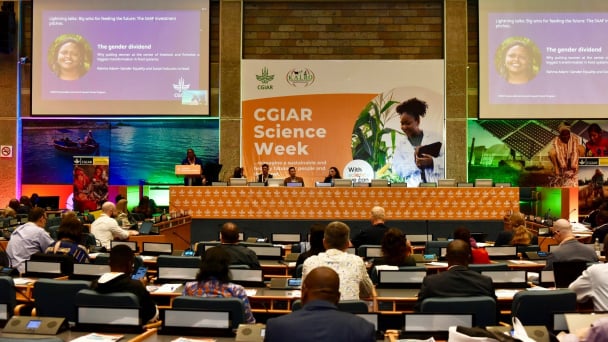
(VAN) The CGIAR’s Sustainable Animal and Aquatic Foods (SAAF) program represents a new approach that emphasizes the transformation of food systems toward sustainability.
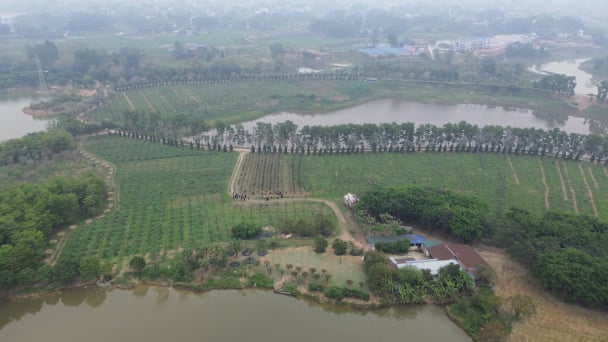
(VAN) Scientists assume that industrial agriculture has been 'outdated.' As a result, a comprehensive overhaul or a revolution in the direction of embracing ecological agriculture is needed.
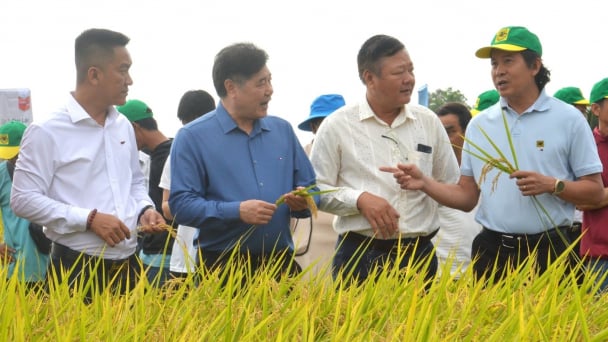
(VAN) The results from pilot fields are catalyzing the expansion of the One million hectares of high-quality, low-emission rice project in Kien Giang.
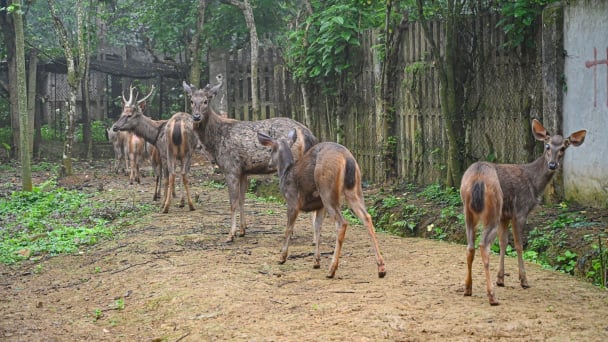
(VAN) On the morning of April 11, Cuc Phuong National Park received 18 individuals of endangered and rare wild animals from Da Nang city.
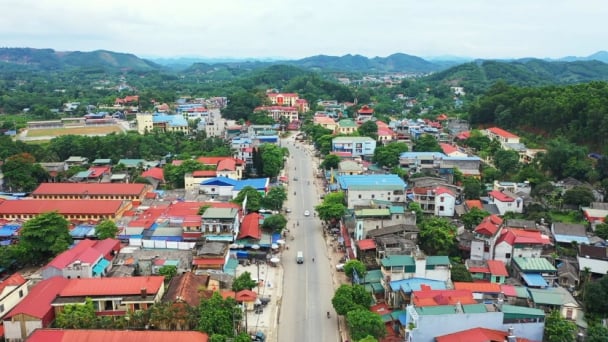
(VAN) FAO supports Vietnam in enhancing survey sampling techniques for the 2025 nationwide agricultural and rural census.

(VAN) By participating in the green transition, manufacturers become an indispensable part of the circular economy, contributing to resource optimization and environmental protection.
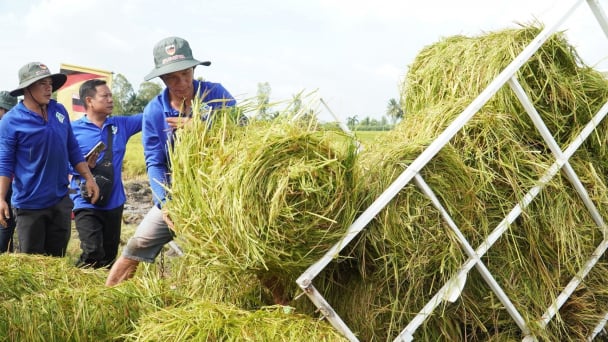
(VAN) The One Million Hectares of High-Quality and Low-Emission Rice Program can generate nearly 14 million tons of straw annually, posing an urgent requirement to diversify straw-based products.